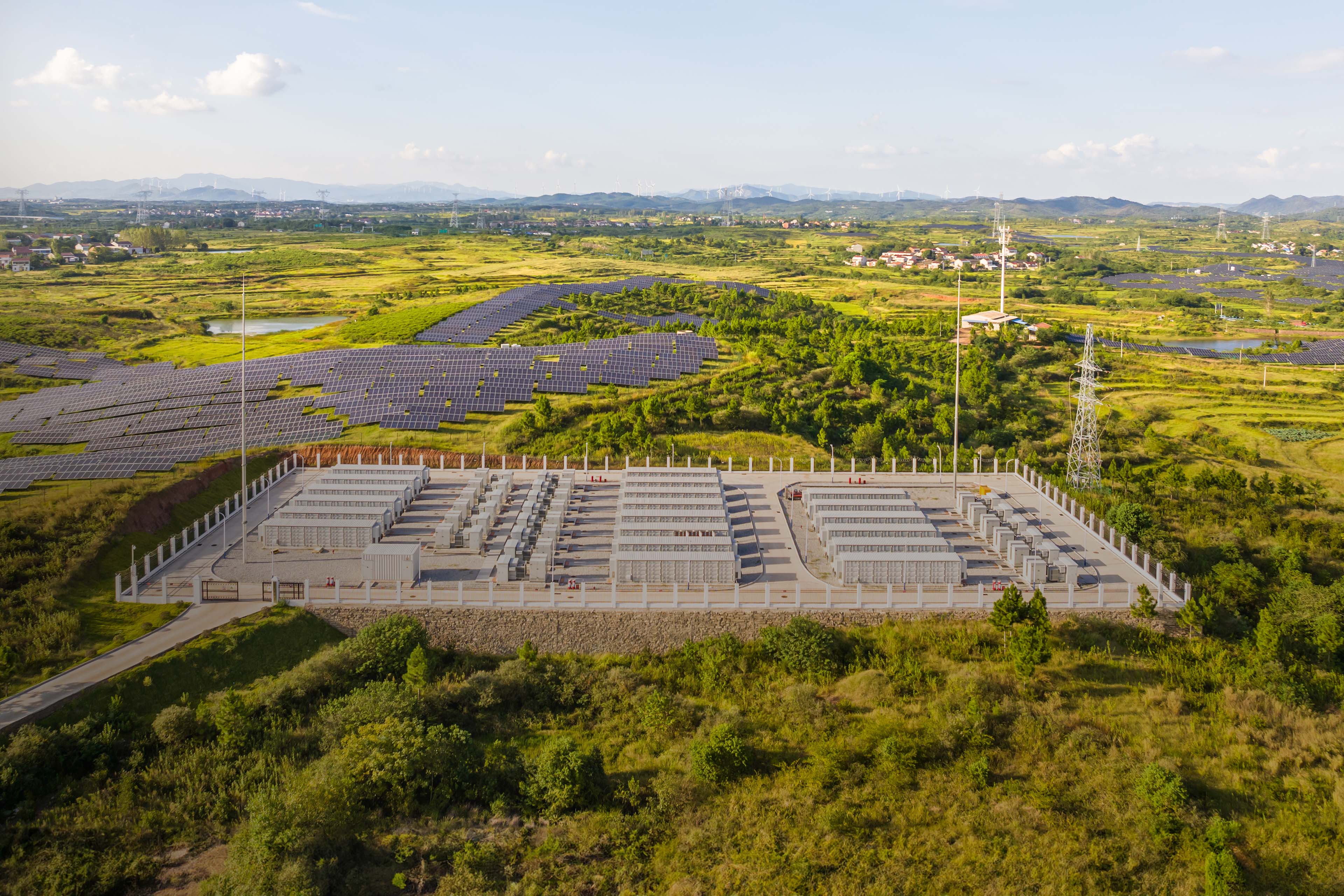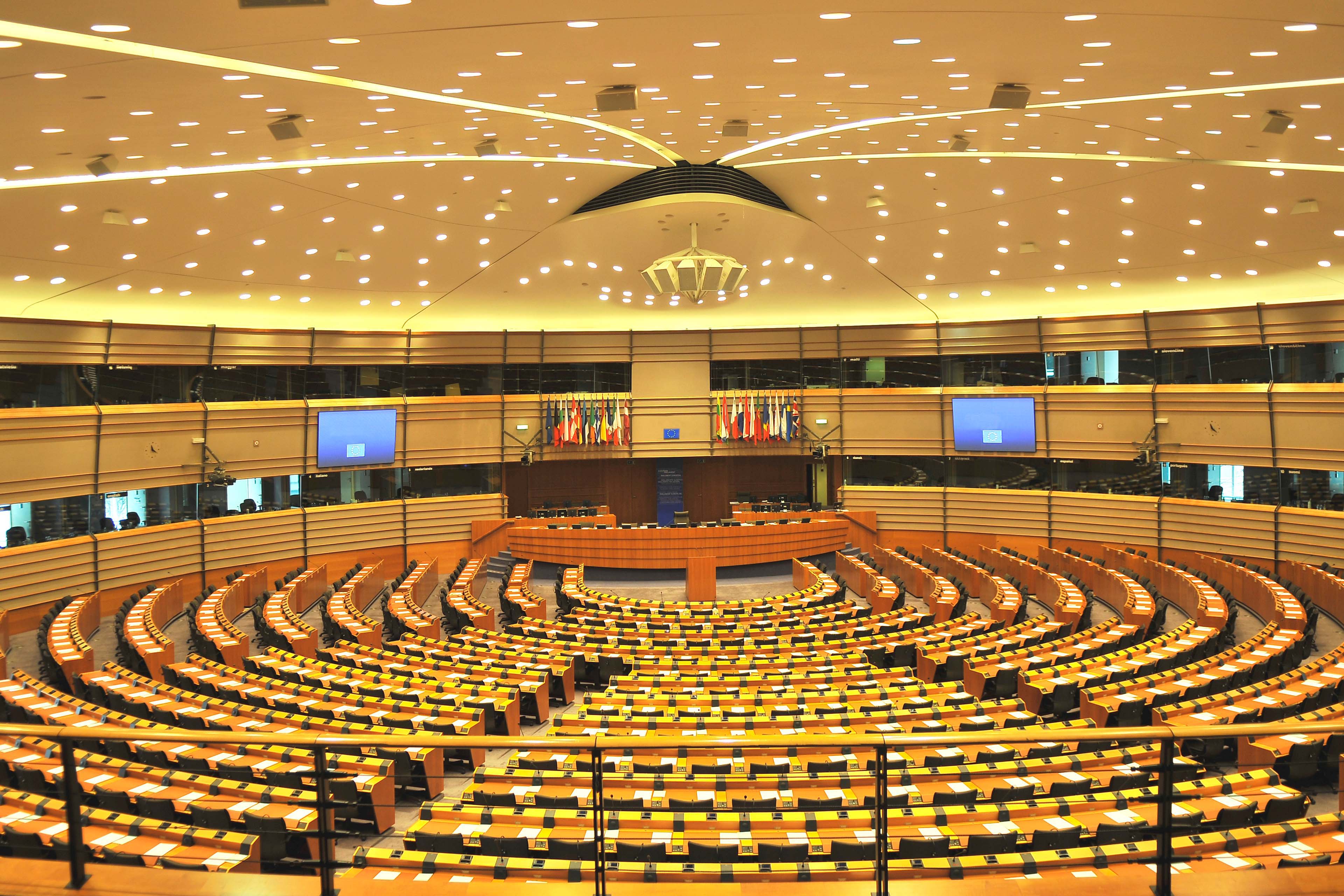EY refers to the global organization, and may refer to one or more, of the member firms of Ernst & Young Global Limited, each of which is a separate legal entity. Ernst & Young Global Limited, a UK company limited by guarantee, does not provide services to clients.
Capital is king as miners respond to energy transition
- The energy transition needs the Mining & Metals sector to accelerate growth and build additional capacity. This trend along with the need to maintain capital discipline has elevated capital to the #1 risk for 2025
- Environmental stewardship, a key priority, has become the standout ESG issue
- Resource depletion debuts at #4 and new projects at #8 amid soaring minerals and metals demand, rising exploration costs and a lack of new discoveries
The energy transition continues to disrupt the mining and metals sector and drive the leadership agenda, according to the EY top 10 business risks and opportunities survey for 2025.
The EY survey of senior leaders from all the key geographies across the sector shows us that companies are grappling with the challenge of meeting demand for minerals and metals while addressing a trifecta of pressures: maintaining capital discipline, achieving sustainable mining and meeting elevated stakeholder expectations.
These competing priorities highlight the urgent need for mining and metals companies to rethink their strategies to thrive. Two new risks on this year’s radar – resource depletion and new projects – show that leaders understand the need for change.
Paul Mitchell, EY Global and APAC Mining & Metals Leader, says:
"This year, aside from the perennial cost and productivity risk, there has been a noticeable shift in the risks towards strategic issues to meet future demand. Fortunately, miners are not losing sight of ESG obligations, which are critical to attain and retain license to operate and are closely linked with risks like capital and workforce. A surprising finding this year was that workforce was not considered a key risk by 55% of respondents. Given the sector's significant challenges in attracting and retaining the talent needed to grow, this omission from the radar is alarming."
Capital emerges as the top risk
Mining companies are under increasing pressure to manage capital effectively while making strategic investments in growth. The continuing focus of miners on M&A needs to shift to building new mines which will inevitably reduce returns in the short term.
Lee Downham, EY EMEIA Mining & Metals Leader, says:
“What’s clear from this year’s study is that capital has emerged as the number one risk for mining companies, signaling a need to shift gears. Miners must move from focusing solely on short-term returns to prioritizing long-term value creation. While they have a strong track record of capital discipline, it's now crucial to balance this with strategic investments that drive sustainable growth."
Environmental stewardship has become the standout ESG issue
As environmental stewardship takes center stage, mining companies are prioritizing nature-positive initiatives to meet growing investor expectations. This shift reflects a broader industry focus on environmental concerns, with almost half of respondents (46%) expressing confidence in meeting their nature-positive obligations.
Waste management has become a key area of scrutiny from investors. This year, the focus on waste is broader than just tailings, with progressive miners capturing value through improving mining performance, implementing closed-loop processes to minimize waste, and reprocessing mining waste.
The commitment by International Council on Mining and Metals (ICMM) members to nature-positive goals has also driven greater attention to biodiversity, water management, and other critical ESG issues across the sector
Resource depletion and bringing new projects online becomes a key concern amid rising demand
Resource depletion, ranked #4, and new projects, ranked #8, are new risks identified in this year’s study, driven by soaring demand for minerals and rising exploration and construction costs. Achieving global decarbonization targets by 2050 will require a significant increase in the number of mines and volumes produced. Over the next 30 years, we will need to mine more than we have over the last 70,000 years. However, capital raised for exploration has declined by 4% year-on-year, with budgets favoring gold over critical minerals like copper. Lack of new discoveries and long permitting times add further complexity to the situation and put the energy transition at real risk.
Theo Yameogo, EY Americas Mining & Metals Leader, says:
"With few major copper discoveries in the last decade and an average of 15.7 years to bring a new mine online, we are facing a critical supply gap. Copper is essential to the energy transition, yet exploration budgets have been slow to shift towards critical minerals. Without accelerated investment and innovation in exploration, the world’s decarbonization goals are at serious risk."
For more information on the latest mining and metals developments and to view the full report, visit here.
-ENDS-
Notes to Editors
About EY
EY exists to build a better working world, helping to create long-term value for clients, people and society and build trust in the capital markets.
Enabled by data and technology, diverse EY teams in over 150 countries provide trust through assurance and help clients grow, transform and operate.
Working across assurance, consulting, law, strategy, tax and transactions, EY teams ask better questions to find new answers for the complex issues facing our world today.
EY refers to the global organization, and may refer to one or more, of the member firms of Ernst & Young Global Limited, each of which is a separate legal entity. Ernst & Young Global Limited, a UK company limited by guarantee, does not provide services to clients. Information about how EY collects and uses personal data and a description of the rights individuals have under data protection legislation are available via ey.com/privacy. EY member firms do not practice law where prohibited by local laws. For more information about our organization, please visit ey.com.
This news release has been issued by EYGM Limited, a member of the global EY organization that also does not provide any services to clients.
Related news
Global IPO divergence widens as Americas and EMEIA surge and Asia-Pacific slows
LONDON, 27 JUNE 2024. Globally, in the first half (H1) of 2024 there were 551 listings raising US$52.2b in capital, a 12% decrease in the number of IPOs and a 16% drop in proceeds raised year-on-year (YOY).
LONDON, 19 June 2024. The global automotive industry is on the cusp of a $660b revenue opportunity, as it shifts its focus away from internal combustion engine (ICE) vehicles to electric vehicles (EVs), according to new EY analysis.
EY announces 9 key recommendations to boost investment and make Europe more competitive
LONDON, 19 JUNE 2024. The EY organization is calling on European institutions and national governments to take nine actions to help attract more foreign direct investment (FDI), with the publication of the second installment of its Europe Attractiveness Survey 2024.
Record energy investments are failing to keep the world on track for the 2030 renewables target
LONDON, 18 JUNE. Despite last year’s surge of US$1.8 trillion in clean energy investment, including US$660 billion earmarked for renewables, investment remains below what is needed to meet the COP28 target of tripling renewable capacity by 2030.
LONDON, June 18, 2024 — The EY organization today announces a significant milestone in the launch of Microsoft Dynamics 365 Sales for EY people across the globe, paving the way for how global professional services organizations establish more unified, customer-focused sales operations.
LONDON, Monday 17 June 2024: The majority (82%) of European financial services firms' boardrooms include at least one director with experience of either a ministerial or parliamentary position or a civil service or government-appointed role, providing crucial expertise amid the 2024 election super cycle, according to the latest EY European Financial Services Boardroom Monitor.









